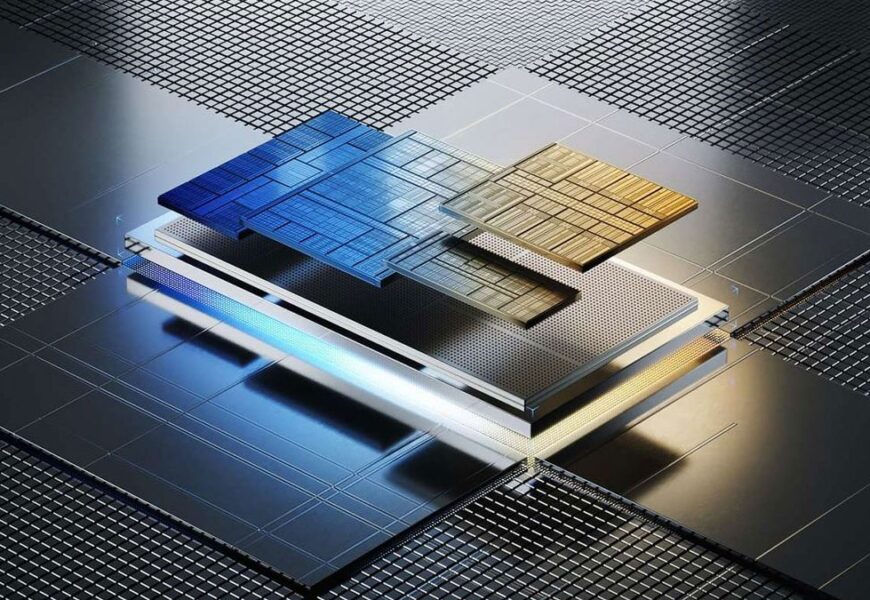Intel has harnessed the power of AI technology to develop cutting-edge CPUs that are set to lead the market in the coming years, as previously announced by the company in its latest chip innovations. Intel has revealed that the AI-driven optimization of System-on-Chip (SoC) layouts, which used to take six days, now requires only a matter of minutes thanks to the efficiency of AI tools.
The utilization of AI tools in thermal device positioning design for Meteor Lake has proven to be a success, prompting Intel to extend the application of these tools to various critical areas such as high-speed I/O, efficiency enhancement, product sampling, and further optimizations in chip floor planning. Intel has confirmed that these new AI capabilities will be integrated into Arrow Lake, Lunar Lake, and other potential consumer products.
One notable area where AI tools have significantly contributed is in microprocessor thermal optimization. Intel suggests that this focus on thermal optimization may have been an initial testing ground for AI applications or an area with substantial room for improvement. By integrating AI into the selection of thermal sensors on their chips, Intel has achieved significant time savings and efficiency gains in the chip architecture process.
Interestingly, Intel appears to distinguish some of its AI tools as ‘Virtual Intelligence’ rather than ‘Artificial Intelligence,’ emphasizing the focus on enhancing human-machine interactions. The company asserts that AI is meant to augment rather than replace Intel engineers in the foreseeable future.
During a presentation on the Meteor Lake laptop chips, Mark Gallina, a senior engineer at Intel’s Client Computing Group (CCG), detailed how AI tools were instrumental in accurately identifying thermal hotspots. By leveraging AI to streamline the analysis of complex workloads activating various system functions, Intel engineers can now expedite the design process that previously took weeks into a matter of minutes.
Furthermore, Intel’s AI-driven tools have not only validated their efficacy in Meteor Lake designs but are also being adopted across the CCG to accelerate technology design processes. These tools have facilitated quick and precise signal integrity analysis for high-speed I/O, resulting in a 60% increase in I/O efficiency and a 40% reduction in sample testing cases. Additionally, Intel has developed an interactive AI tool to assist in addressing CPU design trade-offs.
In the realm of chip design, AI is becoming increasingly prevalent, with competitors like AMD also leveraging AI-enabled tools in chip design processes. In 2023, over 200 chip designs were successfully implemented using Synopsys DSO.ai electronic design automation (EDA) software. This trend has even extended to novice electronics enthusiasts who can now utilize AI for chip design, with opportunities such as contests offering support for AI chip designers.
For the latest updates on enthusiast PC technology news, readers can rely on Tom’s Hardware, a trusted source for over 25 years. Subscribers receive breaking news and comprehensive reviews on CPUs, GPUs, AI, maker hardware, and more directly to their inbox.

 )
)










